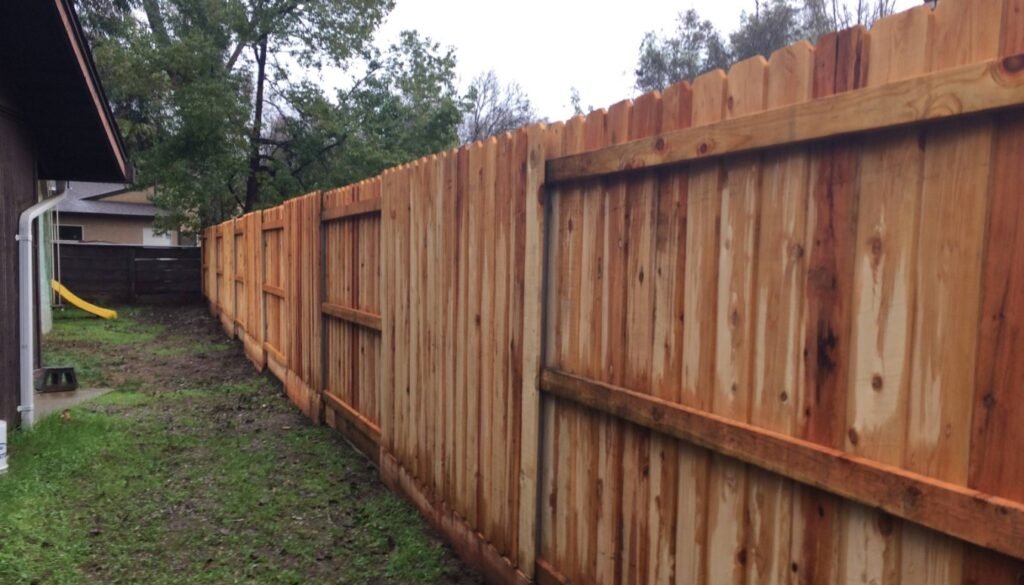UC Berkeley is planning to construct new fencing around People’s Park, a historic site of protest and activism, as part of its housing development project. However, the plan has sparked opposition from park activists, who have occupied the site and filed a lawsuit to stop the construction.
People’s Park is a 2.8-acre plot of land in Berkeley, California, that has been a symbol of social movements since the late 1960s, when students and residents clashed with police over the use of the land. The park has also been a refuge for homeless people, who have set up tents and received services from volunteers.

UC Berkeley, which owns the land, has proposed to build housing for 1,100 students and 125 unhoused residents on the site, as well as a public memorial and a revitalized green space. The university says the project is urgently needed to address the housing crisis and the homelessness issue in the city.
The university has obtained approval from the Regents of the University of California and the City of Berkeley for the project, and has hired a contractor to begin the construction. The first step of the construction is to install new fencing around the park, which the university says is necessary for safety and security reasons.
The opposition from park activists
However, the plan for People’s Park has faced strong resistance from park activists, who have been protesting and occupying the site since August 2022. The activists say the plan will destroy the park’s history, culture, and ecology, and will displace the homeless people who live there. They also accuse the university of violating the California Environmental Quality Act (CEQA) and the National Historic Preservation Act (NHPA) by not conducting adequate environmental and historical reviews.
The activists have filed a lawsuit against the university, seeking to halt the construction and preserve the park as a public commons. The lawsuit claims that the university has failed to consider alternative sites for the housing project, and has ignored the park’s significance as a historic resource and a habitat for wildlife.
The lawsuit also challenges the university’s authority to fence off the park, arguing that the park is a public trust land that belongs to the people of California, and that the university has no right to restrict access to it.
The lawsuit has obtained a temporary restraining order from the Alameda County Superior Court, preventing the university from making any physical changes to the park until a hearing on October 4, 2022.
The ongoing conflict and the future of the park
The conflict over People’s Park has escalated in recent weeks, as the university attempted to fence off the park on August 3, 2022, but was met with fierce opposition from the activists, who tore down the fencing and confronted the police. The university then withdrew the construction crews and the law enforcement from the area, citing safety concerns.
Since then, the activists have continued to occupy the park, setting up barricades, banners, and a kitchen. They have also organized rallies, concerts, and workshops to raise awareness and support for their cause. They say they are prepared to stay in the park indefinitely, until the university cancels the housing project and recognizes the park as a community space.
The university, on the other hand, has reiterated its commitment to the housing project, saying that it is in the best interest of the students and the unhoused people. The university has also said that it will not begin construction until it is able to offer housing and services to the homeless people in the park, as well as a daytime place to gather.
The university has also expressed its willingness to engage with the activists and the community, and to honor the park’s past and meaning. The university has invited the activists to participate in a dialogue process, facilitated by a neutral third party, to discuss the future of the park.
The future of People’s Park remains uncertain, as the two sides remain at odds over the vision and the value of the land. The outcome of the lawsuit and the dialogue process may determine the fate of the park, and its role in the history and the identity of Berkeley.
